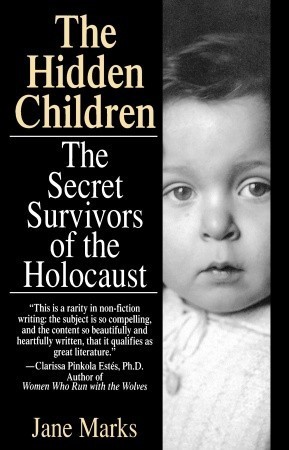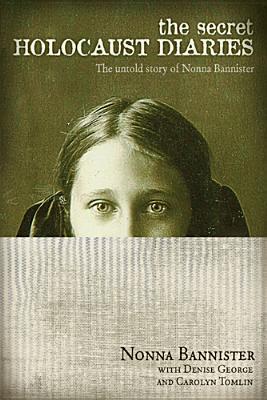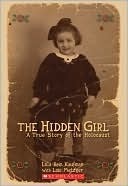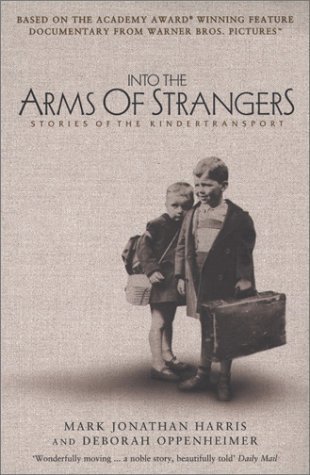
The Hidden Children: The Secret Survivors of the Holocaust
Book Description
They were just children, yet their resilience would rival the greatest heroes. "The Hidden Children: The Secret Survivors of the Holocaust" uncovers the untold stories of those who evaded the horrors of genocide, hiding in plain sight while the world crumbled around them. Each survivor’s journey is a harrowing blend of fear, courage, and the quest for identity, as they navigate a world shadowed by betrayal and loss. With chilling revelations and heartbreaking testimonies, this gripping narrative brings to light the triumph of the human spirit. What would you sacrifice to survive?
Quick Book Summary
"The Hidden Children: The Secret Survivors of the Holocaust" by Jane Marks chronicles the real-life experiences of Jewish children who survived the Holocaust by going underground—often concealed by strangers or forced to adopt new identities. Through powerful interviews and personal testimonies, the book explores the harrowing realities these children faced: separation from their families, constant fear of discovery, and the psychological burden of living hidden lives. Despite unimaginable trauma, many of these survivors grew to share their stories, allowing their resilience, courage, and determination to come to the forefront. Marks weaves their accounts into a gripping and moving narrative, offering a vital perspective on survival, identity, and the enduring impact of the Holocaust.
Summary of Key Ideas
Table of Contents
Childhood Interrupted: Loss and Adaptation
During the Holocaust, thousands of Jewish children were forced into hiding as Nazi persecution escalated across Europe. Many were separated from their parents and families, sent to live with strangers, or concealed in convents, farms, and attics. These sudden ruptures in their childhoods meant coping with profound loneliness, fear, and the loss of everything familiar. The process of adaptation required the children to learn new languages, customs, and often religious practices, forcing them to mature painfully fast in order to survive.
The Role of Identity and Secrecy
A central theme of the book is the complexity of identity under such dire circumstances. Many hidden children had to change their names, forge identification documents, or even convert to Christianity. They were often told to forget their pasts and suppress every marker of their Jewish heritage to avoid detection. This constant fear of being exposed or betrayed led to a deep internal conflict, shaping their sense of self both during and after the war.
Trust, Betrayal, and Human Kindness
While some children were sheltered by kind families risking their own lives, others encountered indifference or outright betrayal. Trust became a precious, precarious commodity: the kindness of strangers could mean the difference between life and death, but betrayal could lead to unimaginable consequences. Marks presents both the heroism and the everyday moral complexities of those who chose to help or to turn away, painting a nuanced picture of human nature.
Lasting Psychological Impact
The psychological and emotional aftermath of hiding left indelible marks on the survivors. Many struggled with guilt over surviving while loved ones perished, and the long-term trauma often manifested as anxiety, difficulty with identity, and challenges forming relationships. The testimonies reveal the survivors’ battles to rebuild their lives, reclaim lost childhoods, and come to terms with their experiences decades later.
Resilience and Bearing Witness
Yet, through the pain, there emerges a remarkable portrait of resilience. By giving voice to the hidden children, Marks not only documents their suffering but also their strength and determination to remember, heal, and educate future generations. Their stories contribute to Holocaust remembrance, bearing witness to both the depths of inhumanity and the heights of human endurance. The book ultimately serves as a tribute to the indomitable spirit of those who survived—and the vital importance of their stories.
Download This Summary
Get a free PDF of this summary instantly — no email required.





